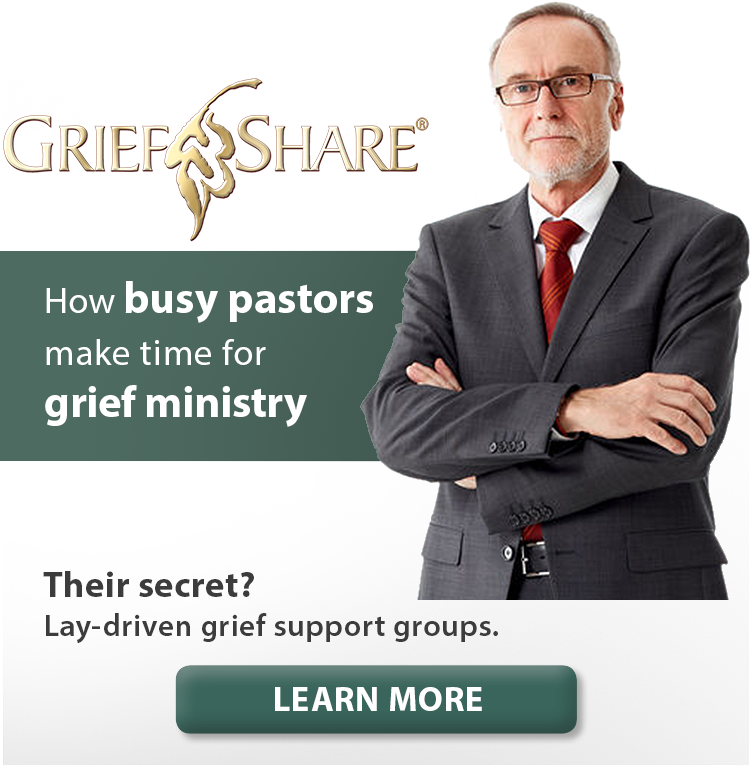
The numbers have grown too big to ignore. More than 65 million people, 29 percent of the US population, provide care for a chronically ill, disabled, or aged family member—a child with special needs, a spouse with cancer, a parent with dementia, a family member with schizophrenia. So how will our churches serve these families—through all ages and phases of care? And it’s not just about those who are afflicted. What about those who are struggling to care for them?
There is no one formula for success, but Scripture gives us some solid guidelines.
Be intentional about including the weak and suffering.
Scripture tells us that the disabled, the poor, the weak, and the suffering are precious to God and indispensable to our faith community (cf. Lev. 19:14; Deut. 14:28–29, 27:18; Prov. 14:31; 1 Cor. 1:27–28). We can learn much about childlike faith and sacrificial love when we spend time with our brothers and sisters who live with physical and mental challenges. Encourage your staff and lay leadership to look for opportunities to hire persons with disabilities or to invite them to contribute their talents to the church (baking, singing, painting, carpentry, etc.).
Be missional in your approach.
So many special-needs families just cannot make it to church on Sundays and have dropped off the churches’ rosters. God’s Word tells us that we are to go out, find those families, and provide ways for them to be able to come in (cf. Luke 14:12–14). Church members of all ages can go out and serve—at dementia day care, Special Olympics, Buddy Walks, etc.—and get to know individuals and their families. Invite them to Bible study, church picnics, family conferences, retreats, etc. Let them know they are not forgotten and you want to help them participate.
Get creative.
Even if your church is unable to start a special program, you can still partner with special-needs families who simply can’t participate within the existing parameters of the church’s buildings or programs, “so that by all possible means [you] may save some” (1 Cor. 9:22). Use what you have to meet needs. Your prayer teams can offer healing and intercessory prayer opportunities. Your hospitality ministry can deliver a monthly meal. Offer these families access to pastoral counseling, online or taped services, and even in-home communion.
You can also direct families to online resources. The Heart of the Caregiver is a faith-based ministry tool that offers immediate online content, connection, and support. Go to TheHeartoftheCaregiver.com.
Be patient.
Dealing with people who don’t understand boundaries, who have struggled with rejection and isolation, and who are in physical and emotional pain can get very messy. Families who have been going it alone for so long have a hard time opening up and allowing others to help. Your staff may feel overwhelmed at having to welcome someone who is not used to much social interaction. Encourage all parties to remember that it is OK, even best, to begin with small acts of kindness and consideration so as to allow the family to develop trust and your staff to develop confidence.
Offer respite.
Respite can take many shapes and forms—but it is basically offering a break from caregiving duties to the caregiver. For example, a volunteer can visit, bring cookies, and spend time reading with a special person while mom gets to take a long, hot bath. Music, art, or movement therapy can be offered in the afternoons at the church. The VBS team can be intentional about programming that includes even profoundly challenged children.
Our daughter is twenty-four years old and has mental and physical challenges as well as a seizure disorder. After years of searching, we have found a faith community that is willing to believe that wherever there is “weakness,” God is doing His best work (2 Cor. 12:9). When we first came through the doors, there were only five other families like ours, transparently looking for love and acceptance in our difficult and sometimes messy circumstances. The love in this church has become evident to the community, and now there are hundreds of families who are being served by the special-needs and caregiving ministries. It’s taken a lot of trial and error as well as a lot of hard work and love, but we are building lasting relationships that can see families through all ages and stages of chronic illness and disability.
Editor’s note: See Mary Tutterow’s What caregivers want from pastors for further suggestions and insights on how you and your church can care for caregivers.


